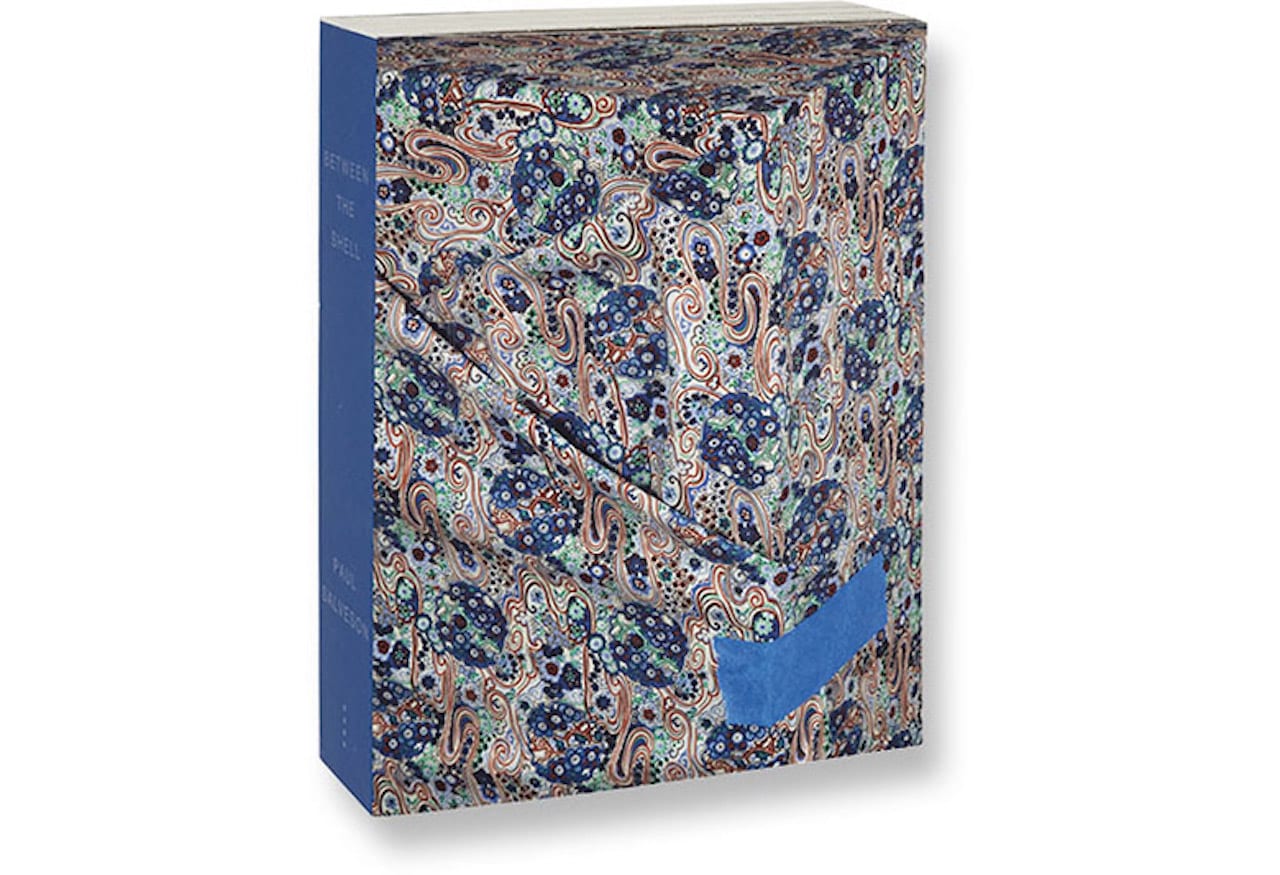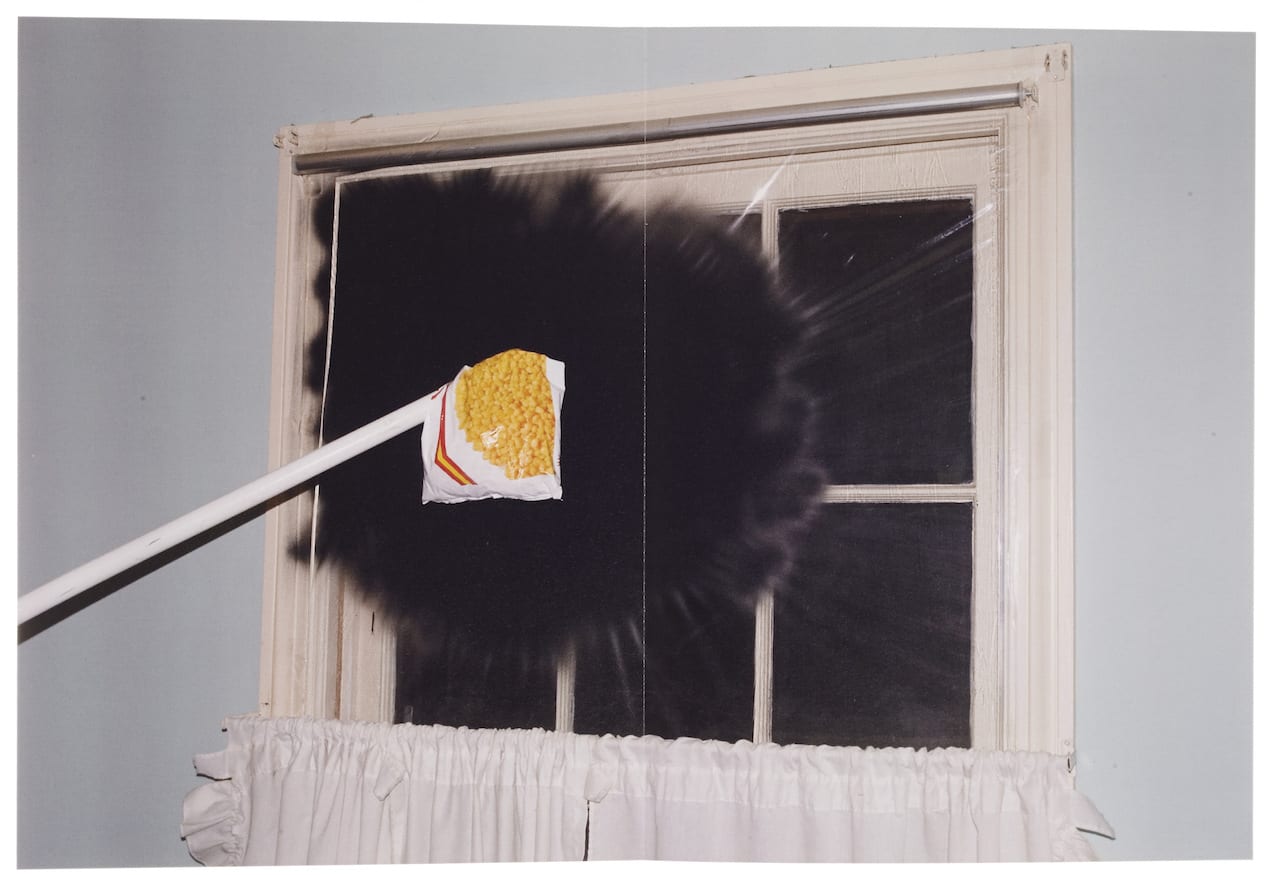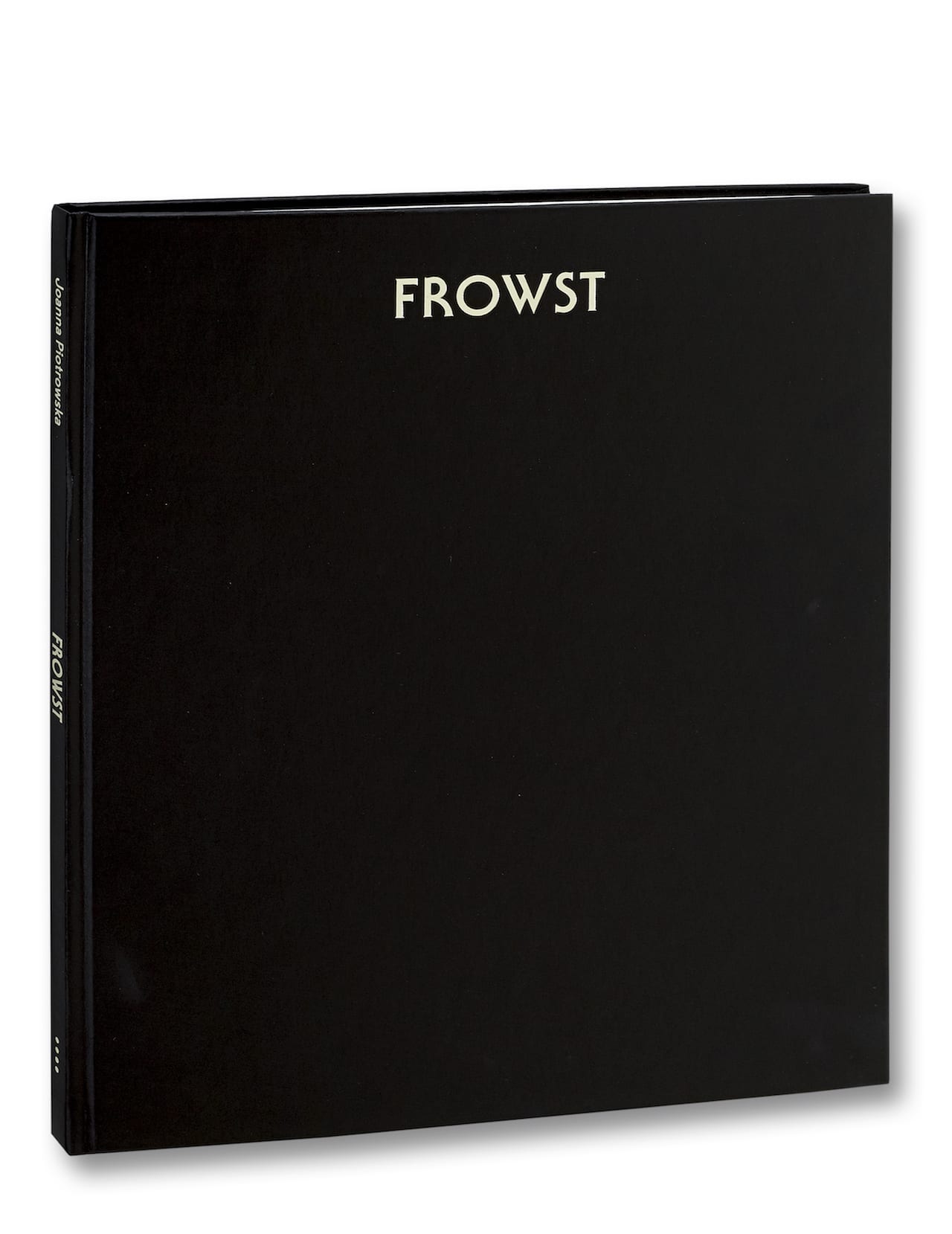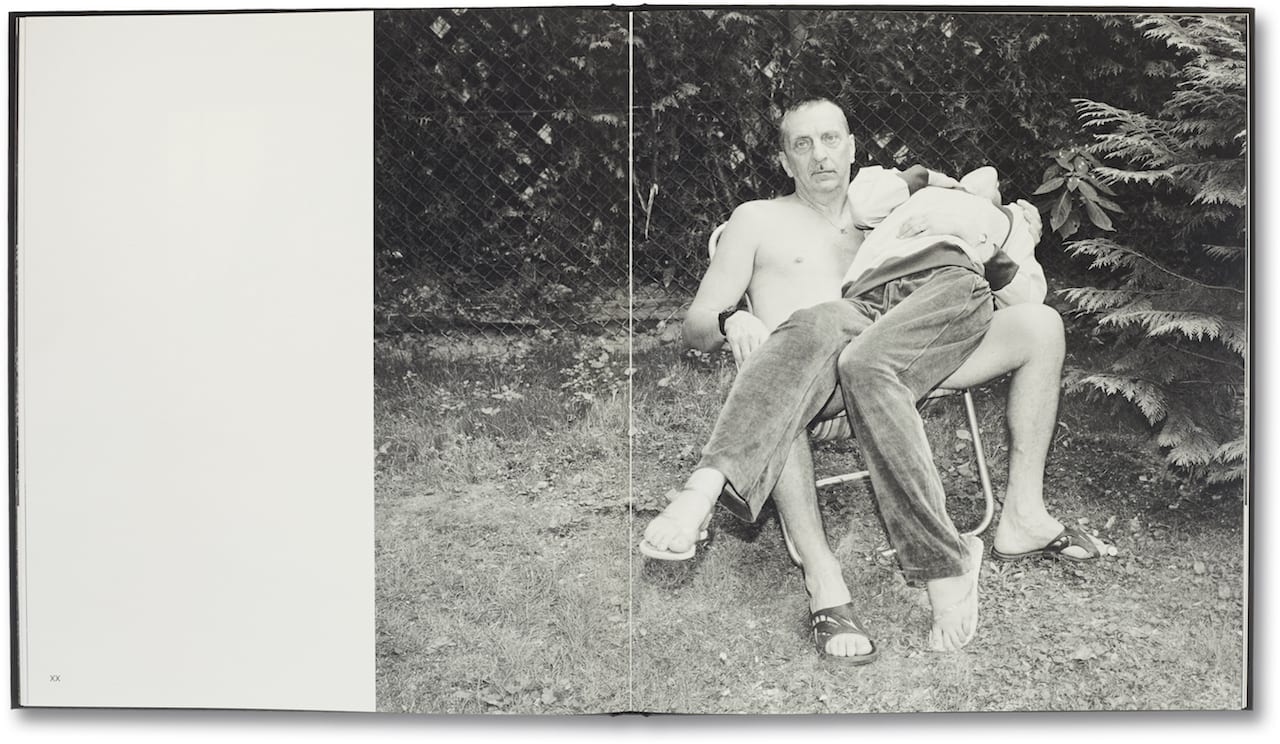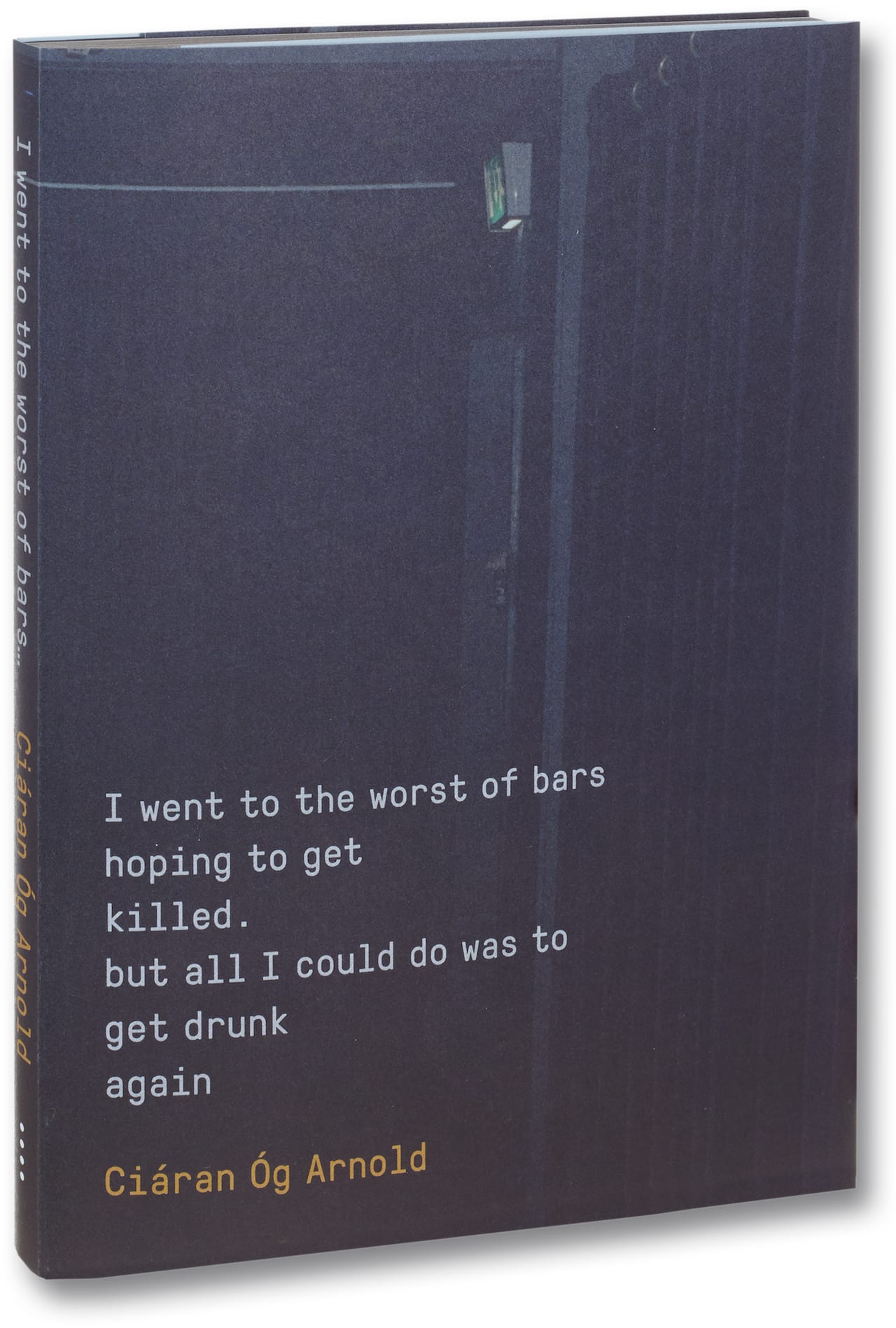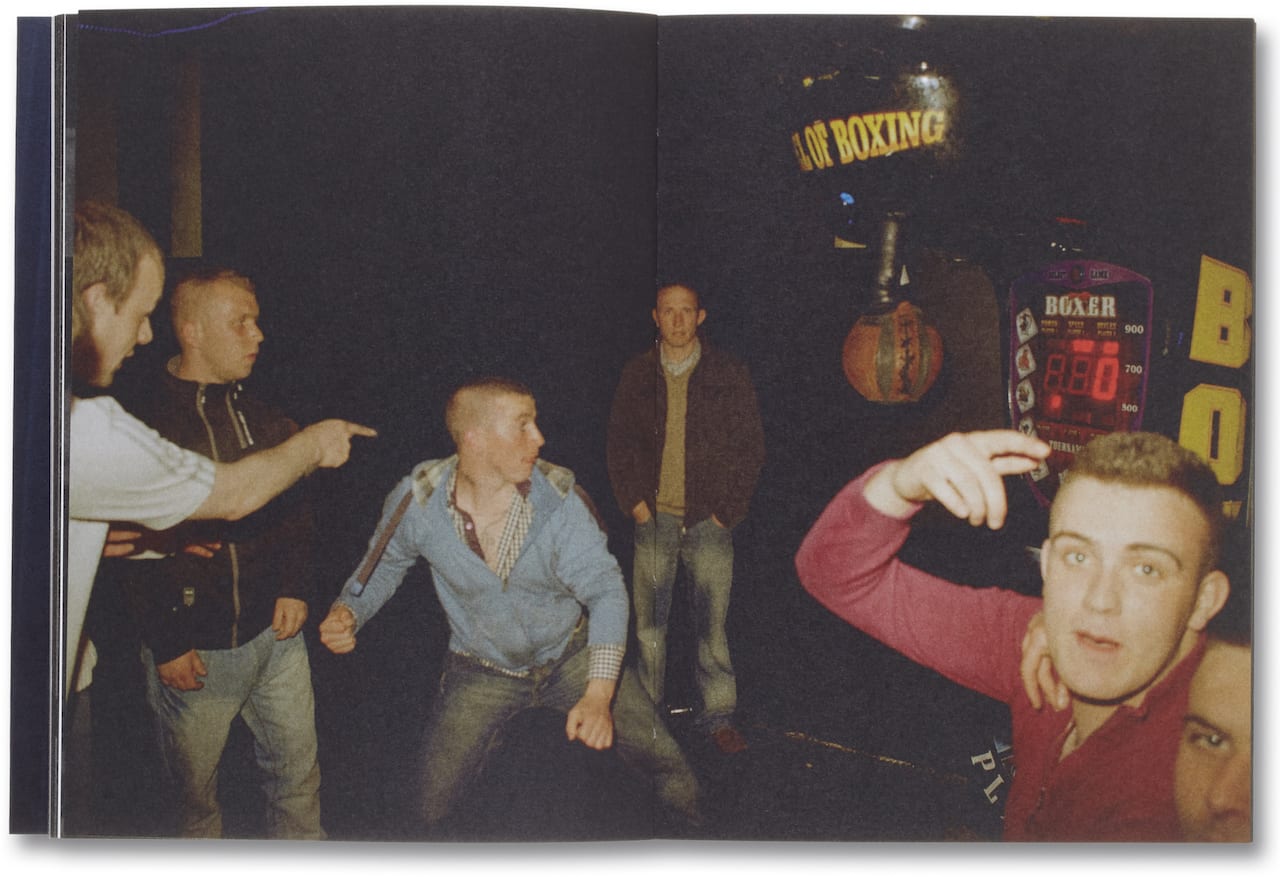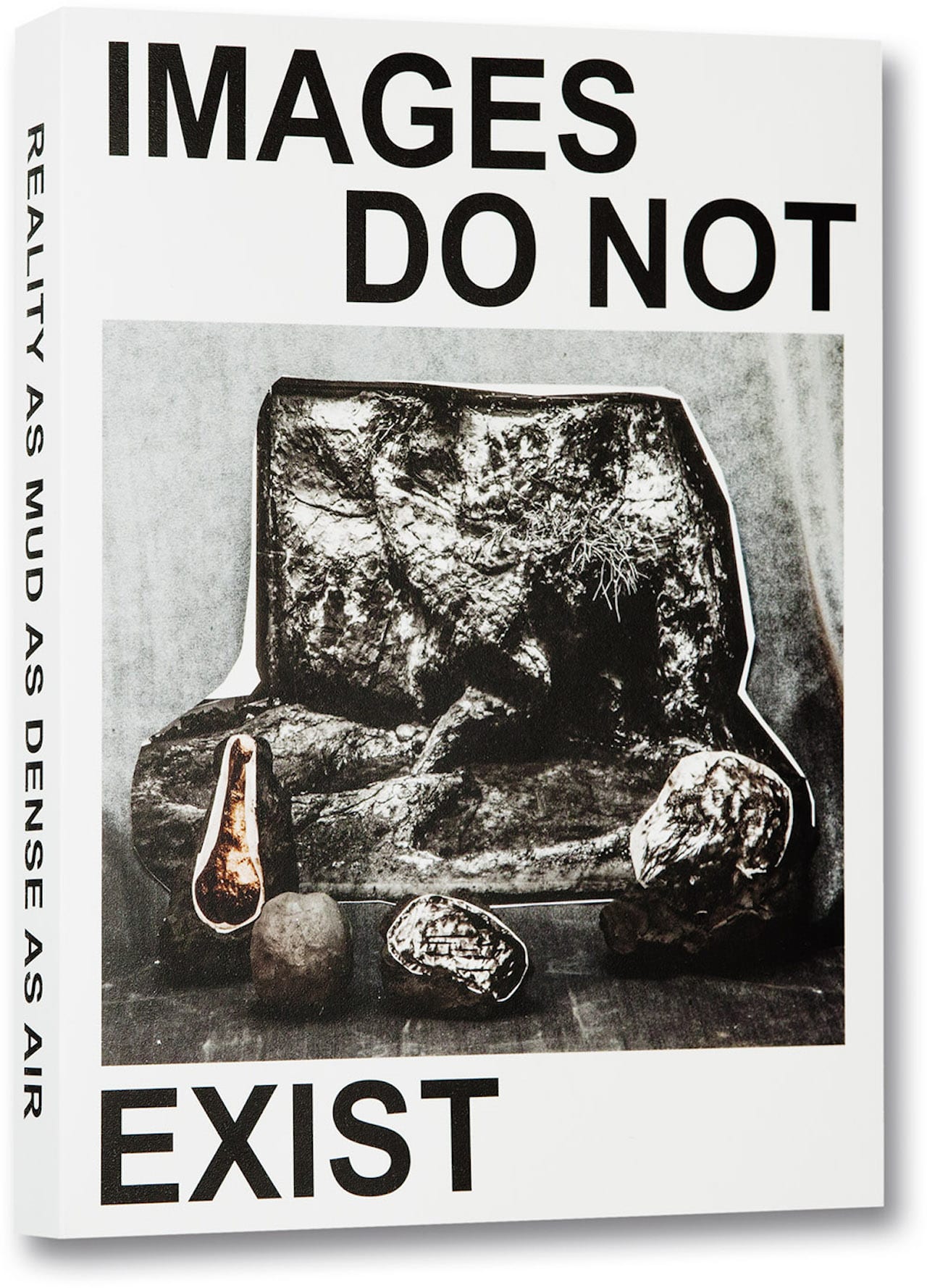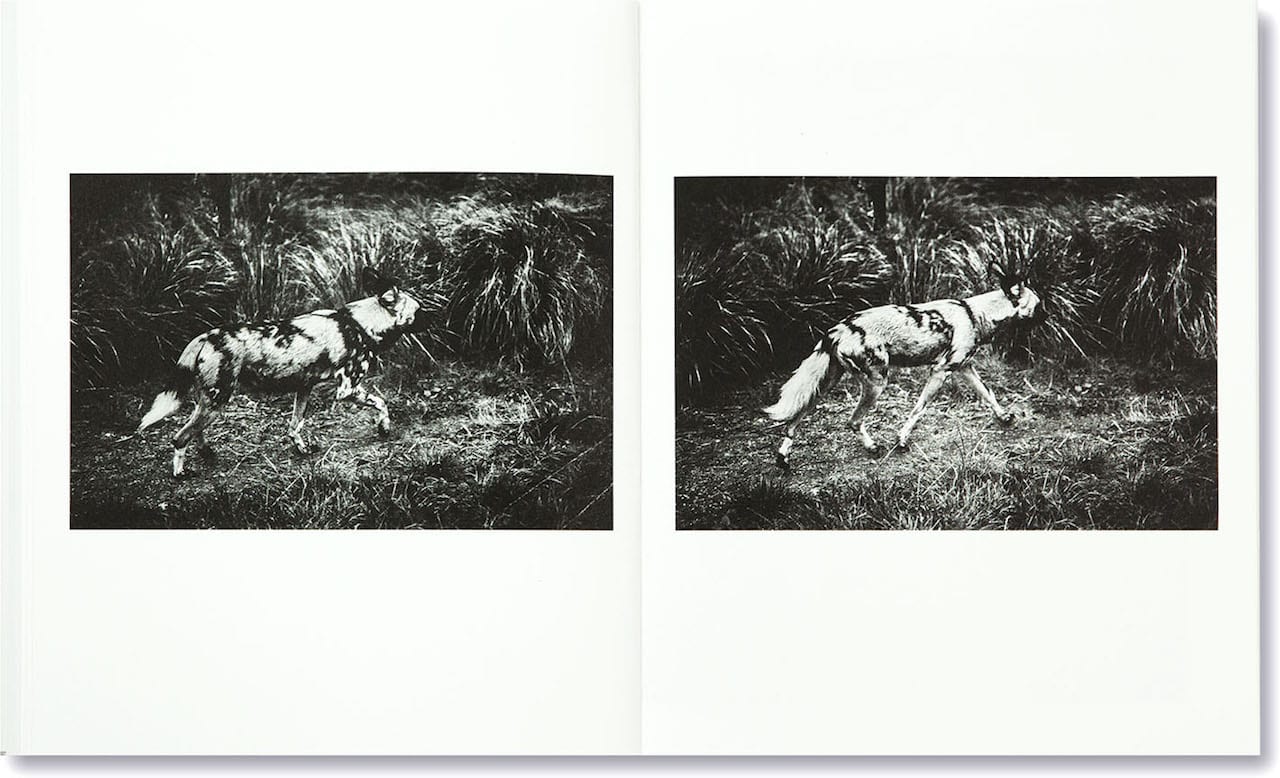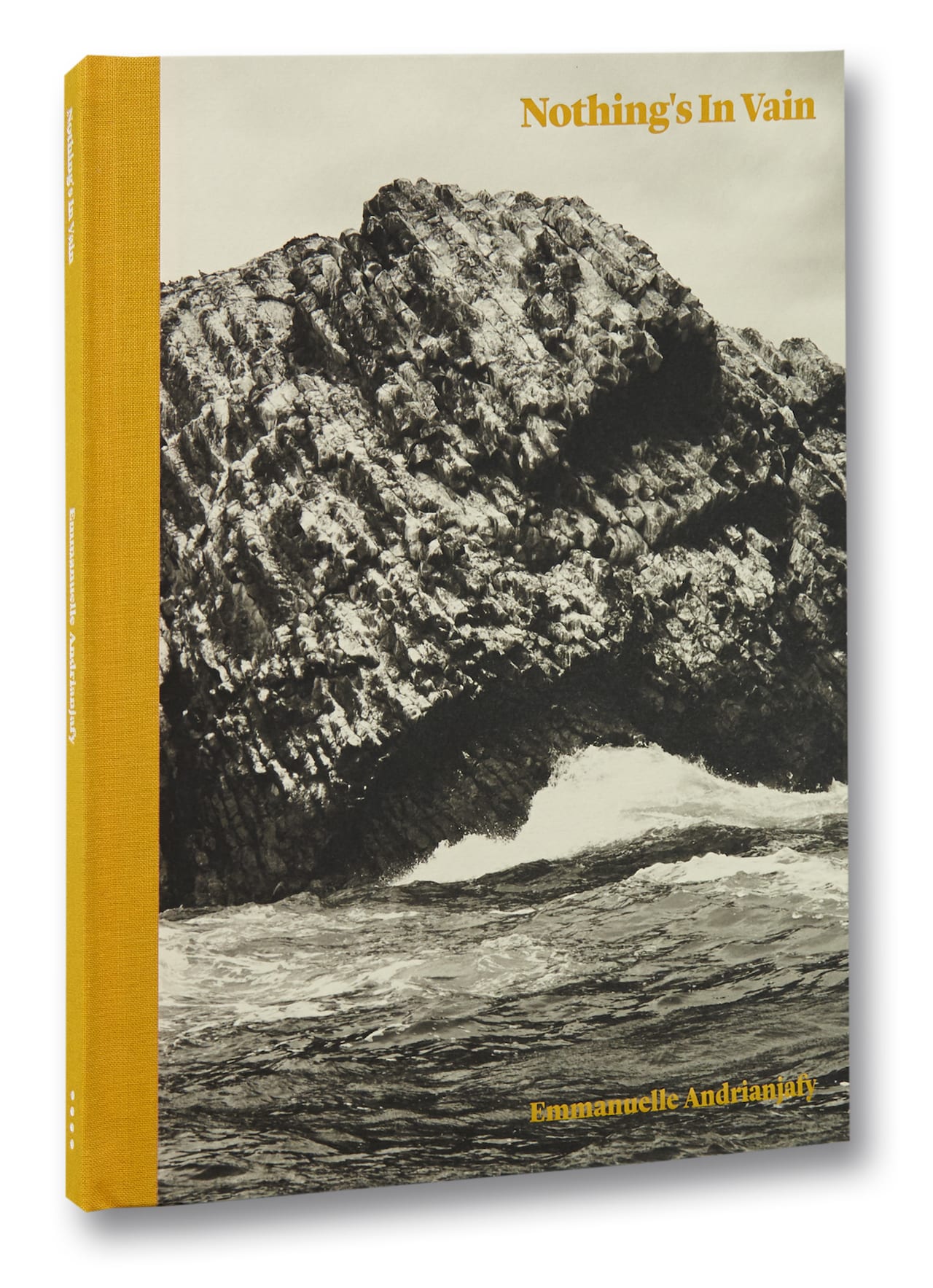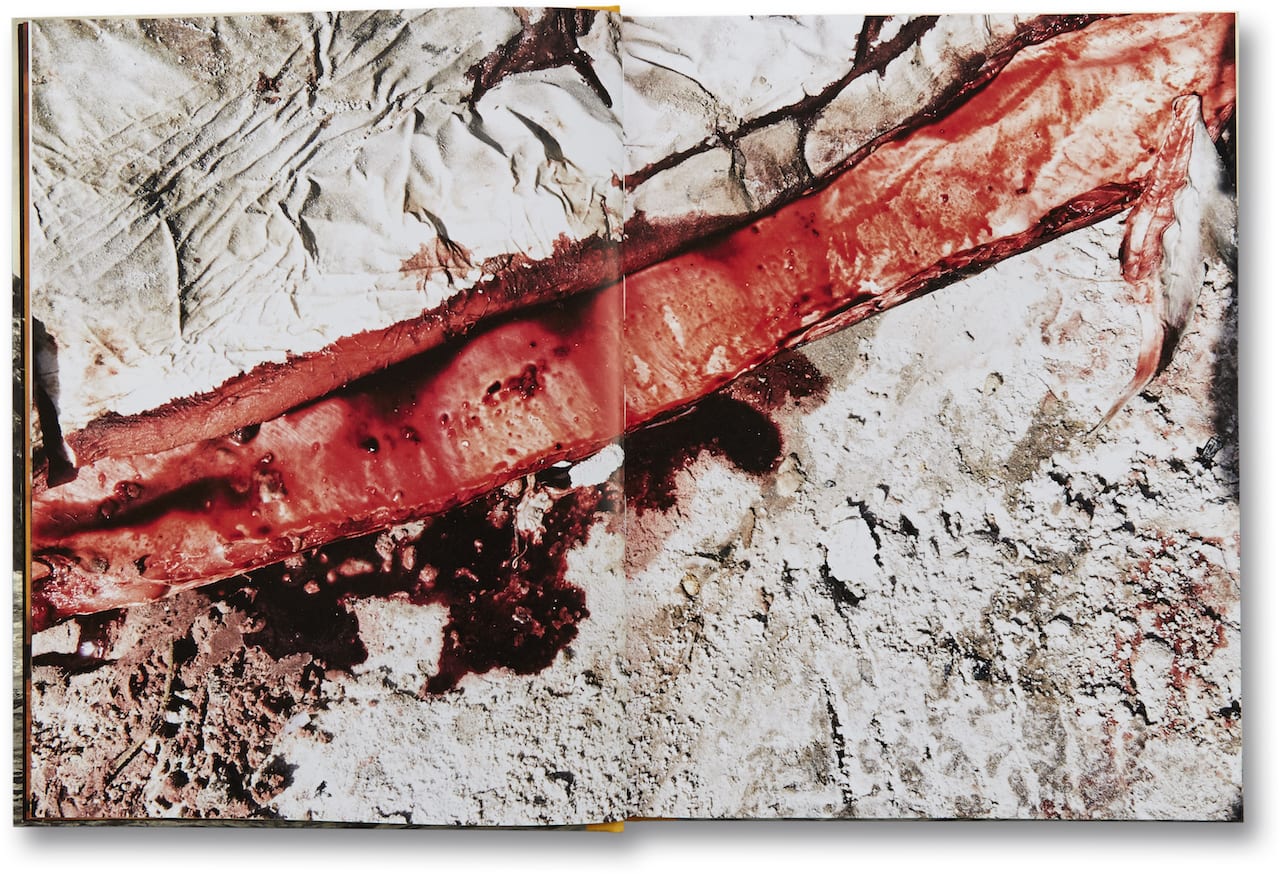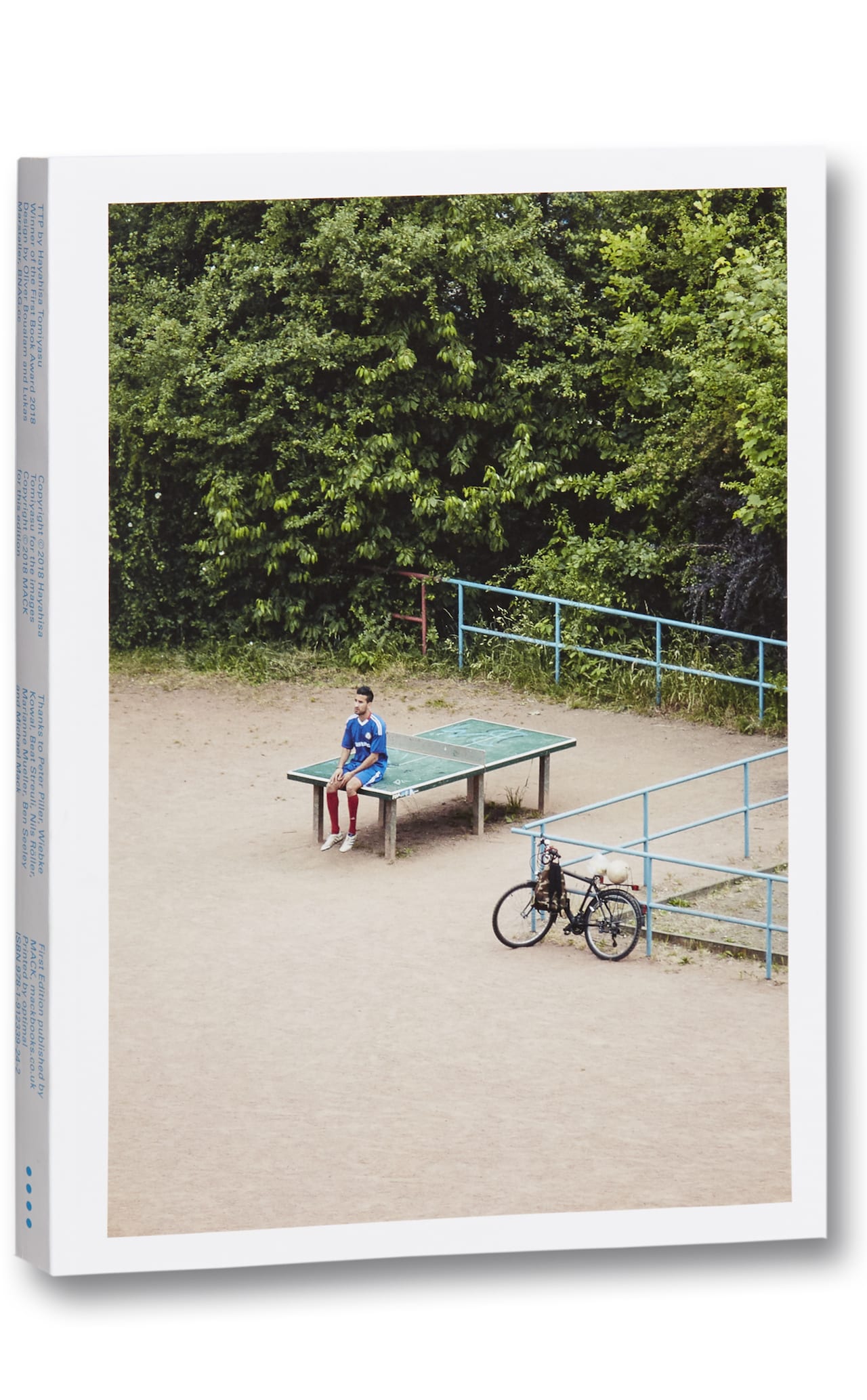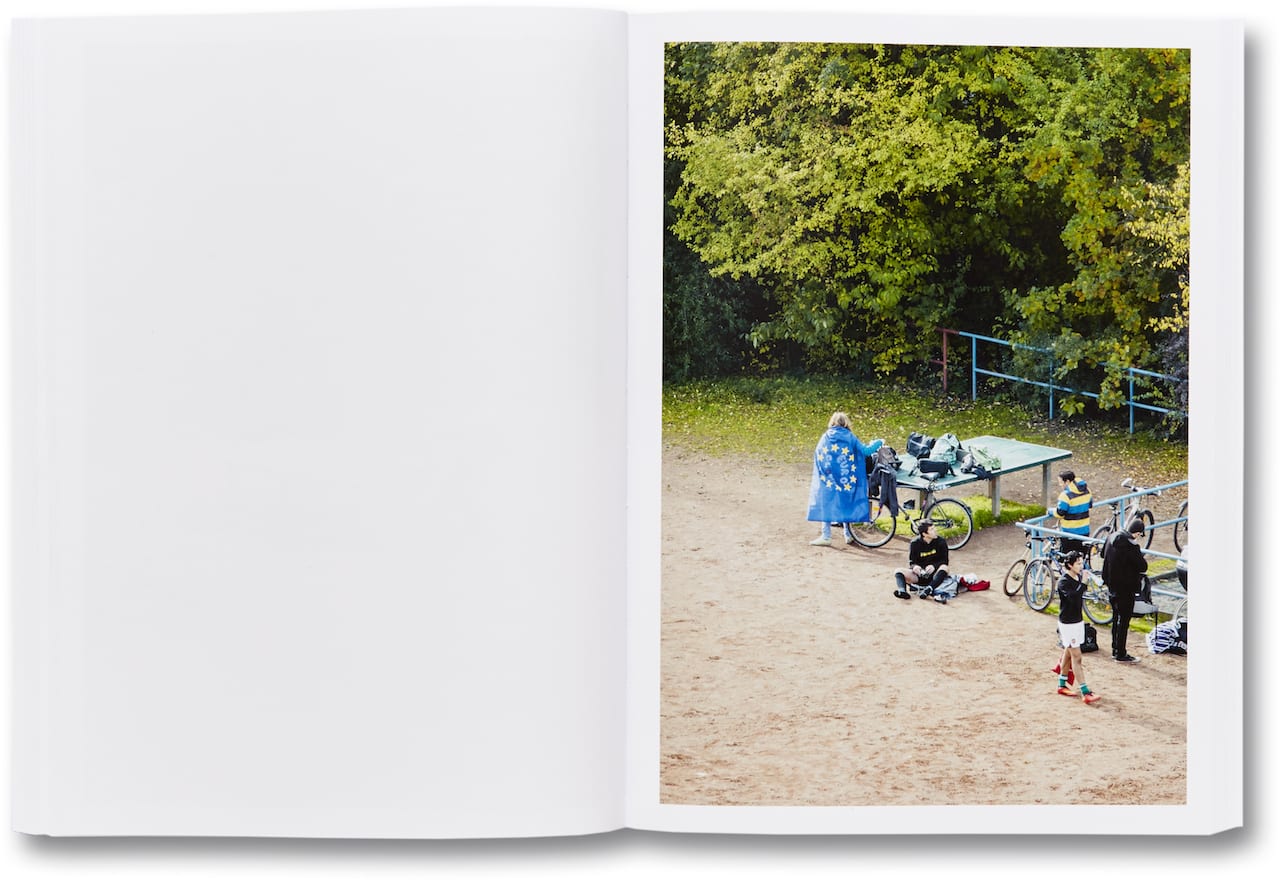It’s free to enter, anyone from anywhere can enter, it’s helped launch photographers such as Paul Salveson, Joanna Piotrowska, and Emmanuelle Andrianjafy, and its winner is announced at Photo London and publishes a book with the prestigious MACK. It is the First Book Award, and in just eight years it’s become a firm fixture on the photobook calendar – and yet so far it’s only received 300 or so submissions per year. How come?
Well, until now MACK has organised it with the help of an international panel of nominators, meaning that only those photographers recommended by this group of curators, editors, and educators could get involved. But now all that’s changed, with the first-ever open-entry First Book Award accepting dummies from anyone who wants to submit. “One of the things we are attempting to remove is the notion that unless you’re connected, unless you’re in the know and have contacts in that sphere, you can’t go forward,” says Michael Mack, founder of MACK. “We want to discourage that idea.”
But, as he explains, the nominators are still there to encourage entries because they can also actively help to get people involved. Aimed at photographers from all over the world, with the list of previous winners including image-makers from Madagascar, Japan, Ireland, and Poland, the First Book Award hopes to attract image-makers of all ages based anywhere. The nominators therefore include teachers from Mexico and Argentina, in a bid to spread the word in territories where both the prize and MACK are less well known.
“The nominators are often connected to particular communities, and that’s why we’re continuing to ask and engage with them,” says Mack. “It’s going be interesting [this year] because it will be different, I think we’ll see a big increase in volume [of entries]. We’re having to think about simple things like where we’re going to put them all – we’re having to clear out shelves.”
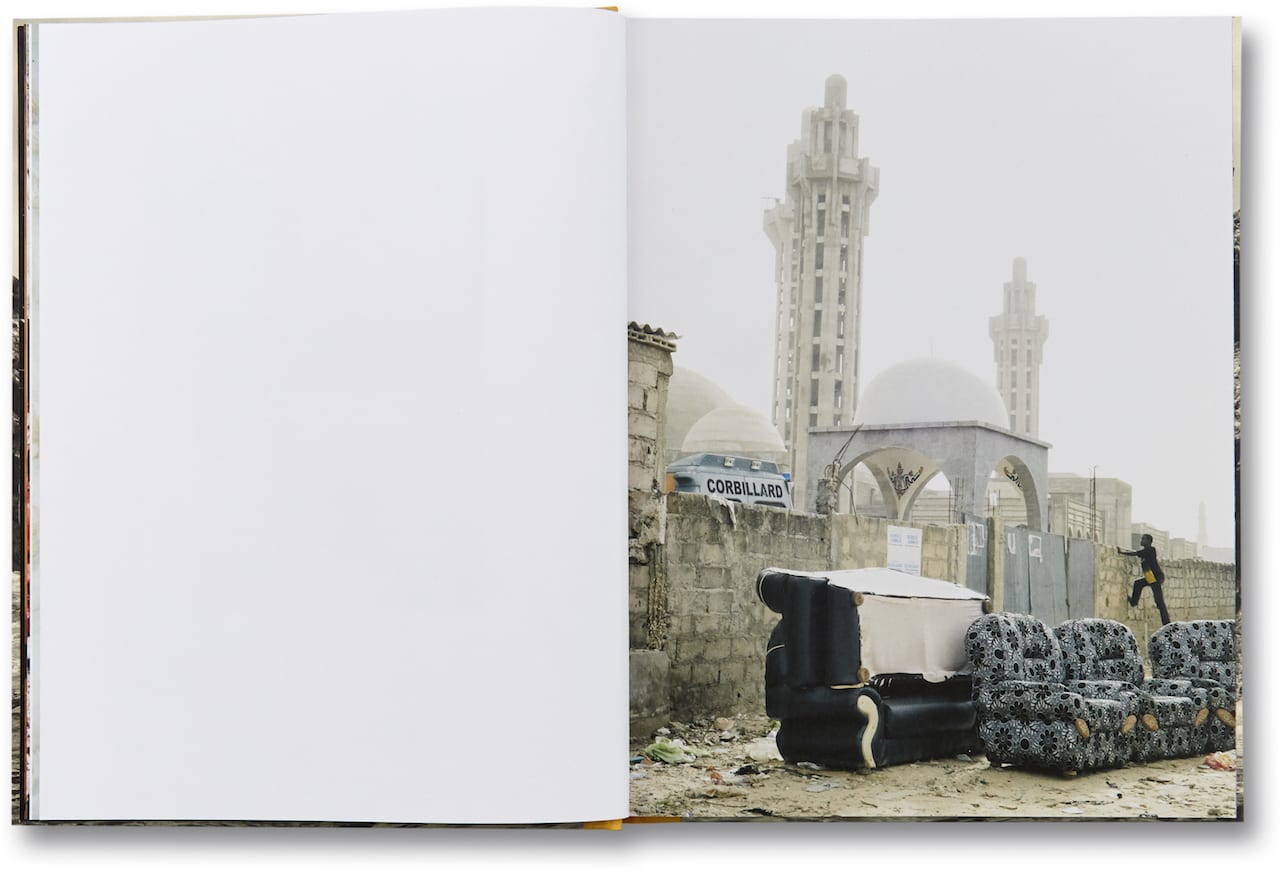
And the clear-out is necessary because the book dummies have to be submitted as physical maquettes, rather than PDFs. It’s something which Mack is aware can be a barrier to entry, and which he’s still thinking through for the future, but which he also believes is important. The maquettes don’t have to be particularly complicated or expensive in themselves, he points out, but they are the start of a long process of thinking through the publication – something which he feels is a key part of the prize.
“The maquette can change significantly,” he explains. “We’re very much thinking in terms of their potential. Just writing a cheque and giving a prize isn’t enough. This prize is not that, it’s mentoring – you’ve got this idea for a book, which has won the award, but now we want you to come and work with us, bring your working prints, your scans, whatever, we’ll show you what happens on screen, we’ll show you what happens when it’s printed, what we’ll have to do to it and then we’re going to design the book together. We’ll work through the process and bring you on press and give you the experience and knowledge to feel you’ve made a book.
“It’s not that old publishing experience, which is you give the manuscript to the publisher and you hear back from them six months later when they give you the book, and you don’t really have any input,” he adds.
The maquettes are also considered valuable objects in their own right, with MACK acquiring every dummy that makes the shortlist. Over the last eight years that’s made for a fascinating insight into the progress of the photobook, says Mack, and it’s one that other people have found interesting too – two thirds of the archive was sent up to the National Media Museum in Bradford for safekeeping and display, and has now moved to the V&A along with the rest of that collection; MACK is storing the other, most recent third. “It feels like a valuable piece of history,” says Mack.
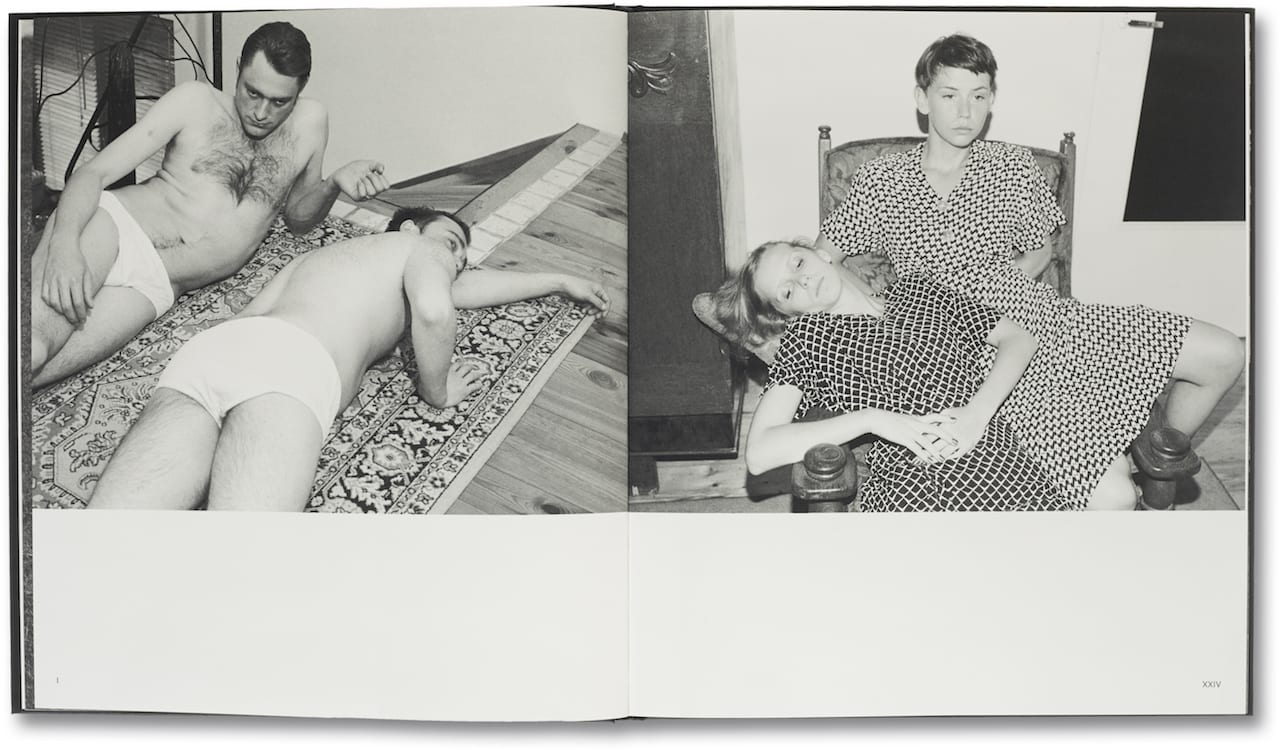
And, as he points out, it’s not just the winning maquettes that go on to do well – MACK has published five other shortlisted dummies, and other publishers have also picked up shortlisted projects. Indeed, just making the shortlist has become a mark of quality useful – and therefore coveted – by photographers. Entry is free and, as with all of MACK’s books, photographers do not have to pay anything towards the printing or publishing.
But, as Mack is also keen to point out, this arrangement isn’t about pure altruism. Contrary to popular belief, he has found that books by emerging photographers can do just as well – and even better – than by those by established names, and he started up the First Book Award for “slightly selfish” reasons, “to allow us to draw in a lot more from unknown people”.
“When I was just setting up MACK [which launched in 2010] there was a very clear perception that if you’re the publisher of Paul Graham, you’re not going to be interested in someone who’s got their maquette they made on their BA, and that to send that in is going to be a waste of time,” he explains. “So we wanted to build some notion that it’s not that difficult to get stuff in front of any publisher if you make something that’s good.
“Because what we’ve actually found is that we can do sometimes even better with a new book,” he continues. “We have a very good platform, with a wide audience of people who will look at it because we have published it so that, combined with work that is good and interesting, that’s the kind of thing that can catch fire.”
The First Book Award this year is judged by: Sarah Allen, assistant curator, Tate Modern, London; Emma Bowkett, director of photography, FT Weekend Magazine; Stanley Wolukau-Wanambwa, photographer and writer; Polly Fleury, director of special projects, Wilson Centre for Photography; and Michael Mack, publisher, MACK www.firstbookaward.com
